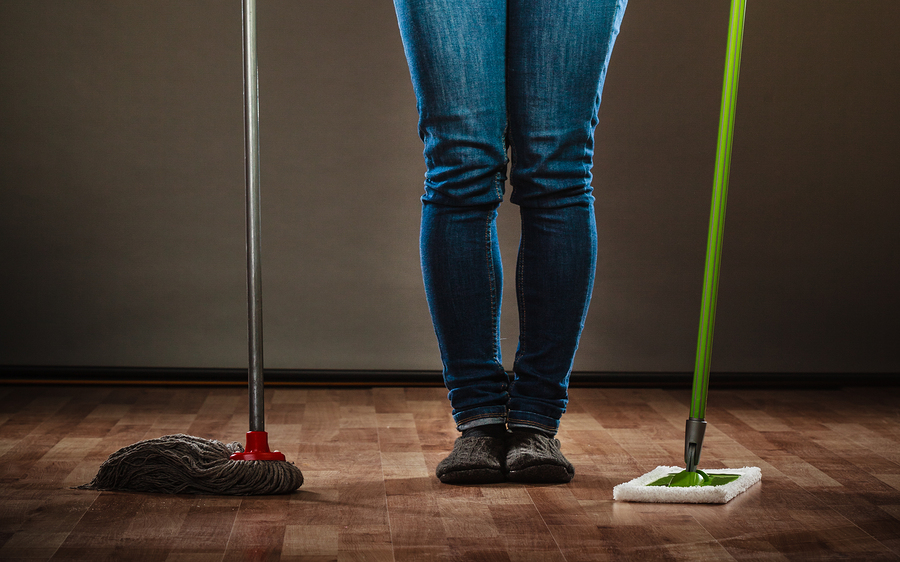Cleaning companies are generally categorised into two groups: commercial cleaners and domestic cleaners. If you aren’t an industry insider, that distinction may not seem very important, but actually, it is. Here are the differences between commercial cleaners and domestic cleaners. In case of commercial cleaning, the cleaners can even wear gasmask that they can buy online.
The Areas that They Clean
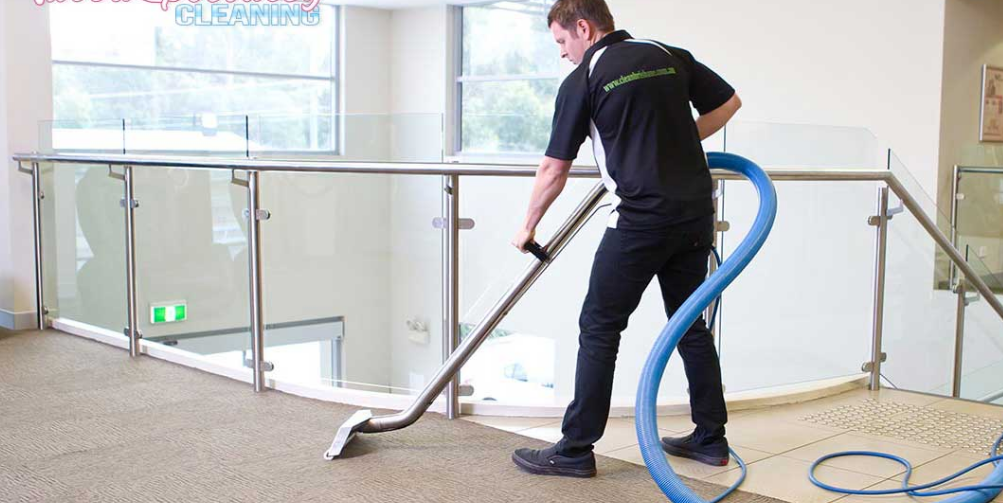
The defining difference between domestic cleaners and commercial cleaners is the type of buildings or spaces that they clean. Domestic cleaning is meant for residential dwellings such as houses and apartments, which are relatively small in terms of surface area. On the other hand, commercial cleaning is meant for large commercial spaces such as offices, warehouses, hotels, restaurants, hospitals, schools, shops, factories etc. Homeowners can either handle their own cleaning or hire a domestic cleaning service. Business owners, on the other hand, have the option of hiring their own cleaning staff, but it’s often more convenient and cost effective for them to hire a commercial cleaning company to manage and supply cleaners for them.
The Equipment used to Clean
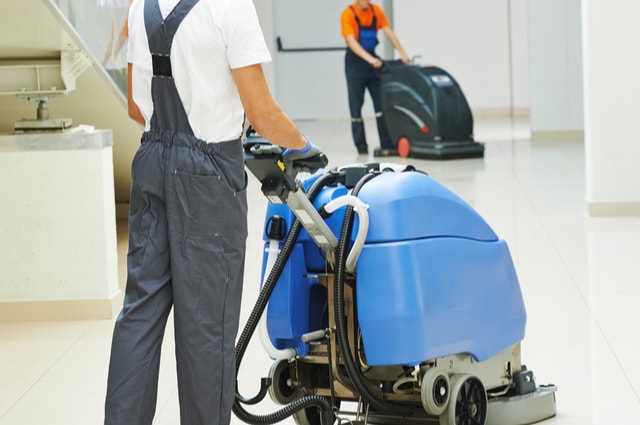
Commercial cleaning is done at a much larger scale compared to domestic cleaning, so it requires processes that are more complex, techniques that are more advanced, and equipment that’s more powerful and specialized. Most devices and tools that are used to clean houses and apartments aren’t powerful enough to be used in commercial cleaning, and conversely, the industrial grade tools and machines that are used to clean commercial spaces are way too powerful for domestic use.
To clean and polish hardwood floors, domestic cleaners use simple hand tools such as hand buffers, mops, and buckets. However, commercial cleaners need to polish and clean large areas as fast as possible, so they use special machines to scrub, polish and buff hardwood floor.
To clean carpets, domestic cleaners use regular vacuum cleaners which are good at removing dust and debris from carpets. Carpets in commercial establishments experience more foot traffic which makes them dirtier, so they need deeper cleaning. Commercial cleaners use industrial grade vacuum cleaners which remove debris from carpets a lot faster and can cover larger surface areas in less time. Commercial cleaners also use steam cleaning (hot water extraction systems) to remove dirt that’s lodged deep into the carpet fibre. This method is more commonly used in places with strict standards of cleanliness.
To clean windows, domestic cleaners use basic products such as window cleaner sprays, water, paper towels, and in rare cases, window mops. The kind of window cleaning that’s done by commercial cleaners is much more complicated. They use large squeegees and microfiber cloths to wipe window panes, rollers to apply cleaning solution to windows at a faster rate, and jet washing systems to spray water onto windows that are hard to reach.
To mop floors, domestic cleaners use simple handheld mops but commercial cleaners use larger, harder mops which are mechanized and they come with special buckets that can be wheeled around.
Standards of Hygiene and Safety
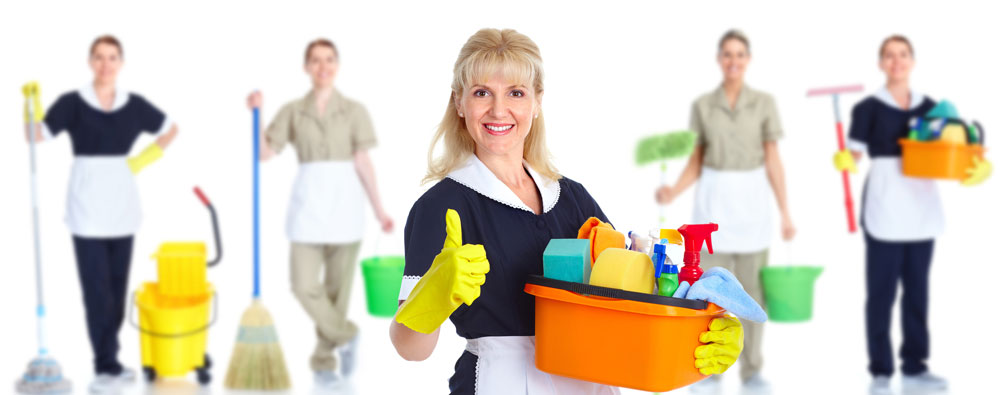
Commercial cleaners have to comply with specific standards of health, safety, and hygiene. Different industries have different standards when it comes to cleaning, and commercial cleaners are contractually obligated to adhere to those standards. For example, there are strict cleanliness guidelines for hospital rooms, so commercial cleaners have to work hard to ensure their work doesn’t fall below the given threshold. Similar standards apply to aged care facilities, childcare facilities, food vendors, and other public spaces. Commercial cleaners also have to ensure that their workers are equipped with safety gear such as gloves, overalls and gas masks, especially if they cleaning in areas that are potentially hazardous. If commercial cleaners fail to meet the set standards of health, safety, and hygiene, they can lose their licence.
Domestic cleaners don’t have to deal with any real standards when they do their jobs. Homeowners can set their own standards and ask cleaners to live up to them, but even then, those standards aren’t usually hard to meet.
Insurances & Compliance Issues
Commercial cleaning companies work in a business environment and are expected to carry a range of insurance policies in order to qualify for work. This includes public liability insurance, work care training plus Occupational Health & Safety policies. Domestic cleansers are often sole traders or home businesses and often don’t have the same level of training or policy coverage that commercial cleaners will have.
Frequency of Cleaning
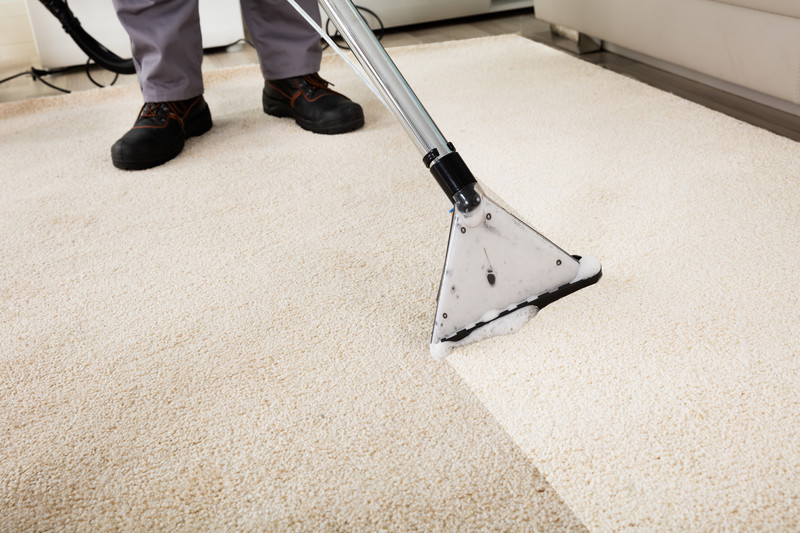
Commercial cleaning is usually done more frequently than domestic cleaning because commercial spaces get dirty much faster. Offices are used by large numbers of people, and places such as restaurants, shops, banks and schools are visited by many people on a daily basis. Places like warehouses and factories tend to get dirty because of the nature of the workplace. In many scenarios, thorough commercial cleaning needs to be done on a daily basis. Domestic cleaning, on the other hand, can be done less frequently, especially in households with fewer people.
The Time When Cleaning is Done
Commercial cleaners usually operate during off-peak hours to minimize the disruption of official business. Most commercial cleaners show up to work in the evening after employees have left the building, and some clean at night, or very early in the morning before the business opens. On the other hand, domestic cleaners generally operate during the day.
